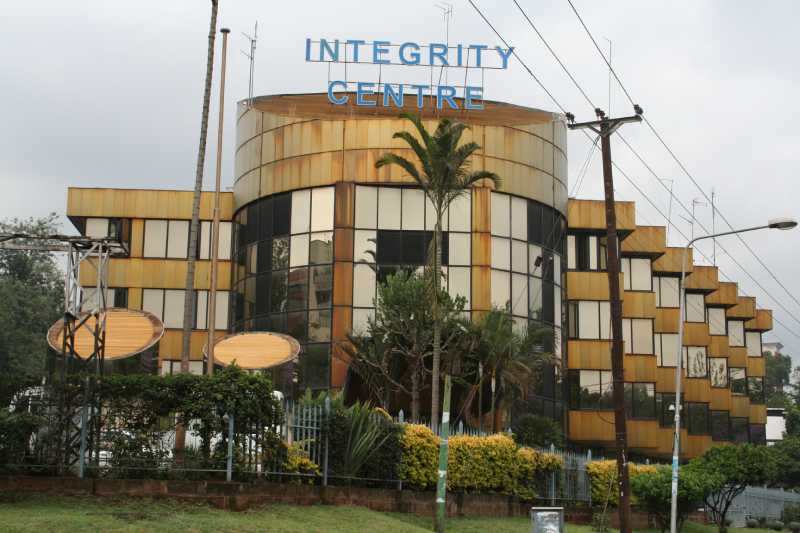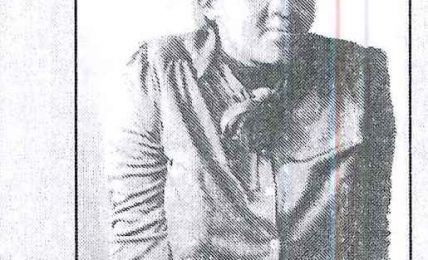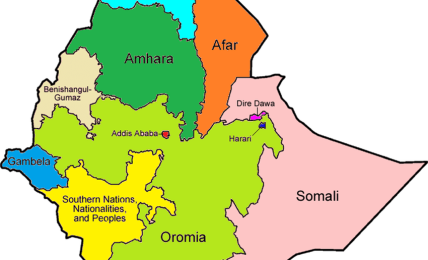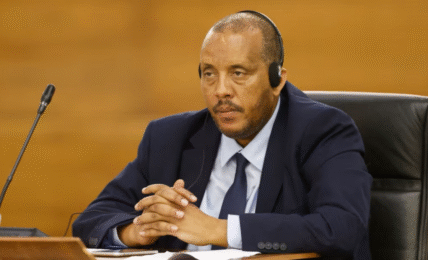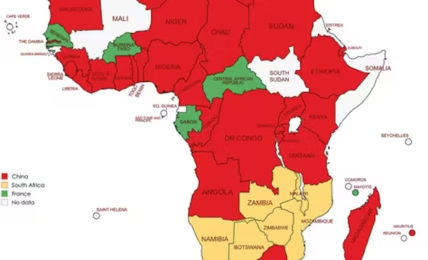The Question of Ethics and Integrity of Candidates in Kenyan Elections
In the next three months, Kenyans will be voting in new leadership as their constitution requires. Politicians and individuals facing corruption, murder and other criminal charges have been cleared to run for various elective positions. State institutions and agencies tasked with gate-keeping credibility checks for running candidates have excused themselves thanks to a watered down integrity law that initially stopped such characters from vying. Will Kenyans entrust these people with leadership positions? And what does it mean should this happen?
